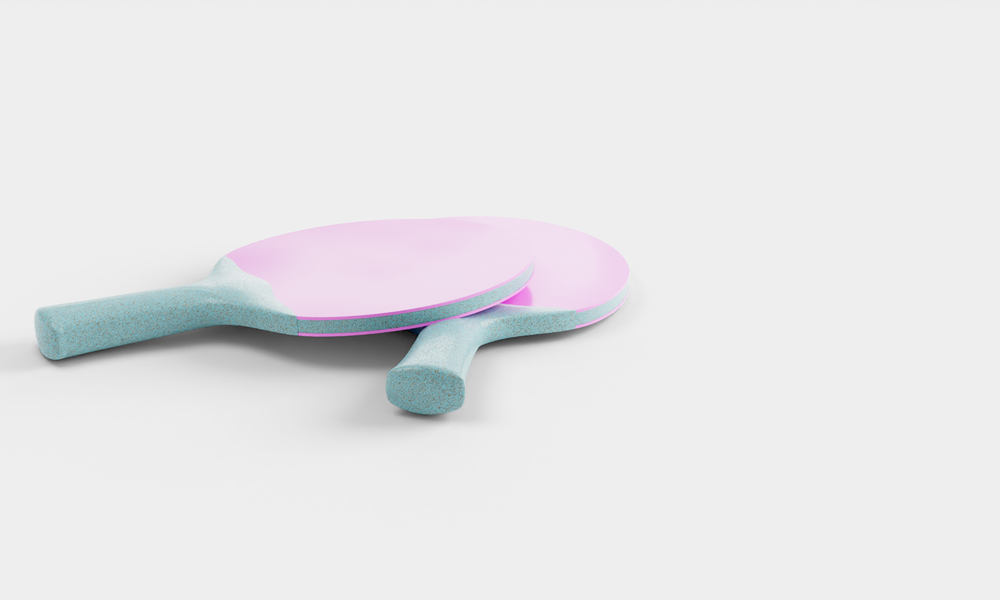This innovative material also represents a huge benefit in terms of innovation
Cork Polymer Compounds are produced through an extrusion process in which cork and thermoplastics are mixed to deliver the best of both worlds. The introduction of cork to produce CPCs can result in a reduction of up to 60% in the volume of plastic consumption, due to cork’s low density, delivering a more sustainable solution compared to 100% plastic-based materials. Cork, as a natural filler, can replace a significant proportion of the plastic, while keeping the desired properties of the final product. On the other hand, CPCs allow cork to be more shapable, processed using different technologies - such as injection moulding, extrusion, and blow moulding.
The use of bio-based thermoplastics to produce Cork Polymer Compounds offers clear advantages to achieve a 100% bio-based material.
